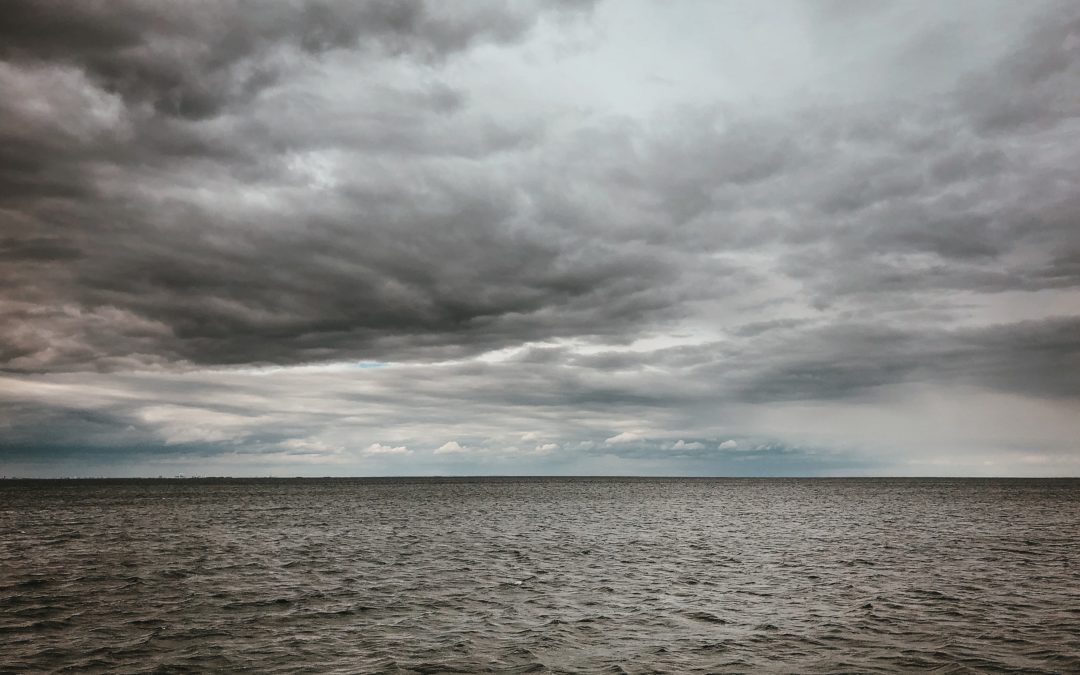In anticipation of the tropical cyclone Eloise that is moving closer to South Africa, the civil rights organisation AfriForum compiled a number of guidelines that communities can use to act proactively and to be prepared.
According to Hillel Coetzer, AfriForum’s Head of Community Safety for the northern region, communities must stand together to ensure their safety. “Our communities must take hands and also take responsibility to increase their preparedness. It’s important to continuously have precautionary measures in place to enable one to manage emergency situations and disasters as best as possible. AfriForum’s neighbourhood watches in the northern region are also ready to support communities in times of need.”
According to Coetzer, the following precautionary measures and guidelines are especially important in light of the weather conditions upon which South Africans are waiting and are already experiencing in certain parts of the country.
Precautionary measures:
- Be informed
Be aware of the risks contained by the weather; find out how the rain, wind and water will influence the area where you live so that you can plan accordingly.
- Compile an emergency plan
Ensure that everyone in your household knows what the plan is and that the plan is visible somewhere in the house. Also become involved with your local disaster management and neighbourhood watch groups.
- Know where you will/can evacuate to
Follow the evacuation instructions of the authorities and neighbourhood watches. Due to COVID-19 regulations, public places where you can go to can reach capacity fairly quickly. Identify a safe additional premises where you can evacuate to. Remember to take enough face masks and hand sanitiser with.
- Additional precaution for persons with disabilities
Add on extra time in your plan to ensure everyone has the necessary help to evacuate safely and comfortably.
- Recognise warning signs
Make sure that you know how to identify warning signs and what to look out for.
- Revise important documentation
Make sure that all your personal documents are stored in a watertight file or digitally and that your insurance is up to date.
- Reinforce the structure and safety of your house
Clean drains and gutters. Store garden furniture in the house or garage.
- Be technologically prepared
Ensure that the batteries of your cell phones and two-way radios are fully charged. Keep backup batteries close by for additional power.
- Help your neighbours
Support your neighbours and the elderly in your area to prepare for heavy weather.
- Get your supply ready
Get all medication, disinfectants, pet food and sufficient food, water and clothes ready beforehand. Keep it in a bag in your vehicle.
Guidelines for safety during heavy weather and possible floods:
- Handling the weather
Determine what the best way is to protect yourself against the strong winds and floods. Take refuge at an assembly point or in a room in your house. When you are trapped in a building, move to the highest floor/room.
Don’t walk, swim or drive in floodwater. Turn around and find an alternative route.
Stay away from bridges and fast-moving water.
- Stay informed at all times
Stay up to date with developments concerning the weather conditions by keeping a close eye on trusted media reports and broadcasts and by joining your local neighbourhood watch’s communication group.
- Personal safety
Keep to the COVID-19 regulations if you have to leave your house to evacuate to an assembly point. Contact the authorities or neighbourhood watch if you are sick or in need of medical treatment.
Use generators outside the building and away from windows.
Guidelines to follow after a flood or heavy weather:
- Listen to the local authorities and neighbourhood watches for information or any other instructions.
- Be careful during the clean-up action. No children must be allowed to participate. Compile a clean-up action plan.
- Wear protective clothing and work together as a team.
- Don’t touch any electrical equipment or wires before it is not safe to do so. Remember that electric cables can also be under water and that the electricity can be conducted through the water.
- Don’t phone unnecessarily during an emergency situation. Telephone systems or networks can possibly be off or busy. Use text messages or social media to communicate with your friends or family. Compile a communication plan for yourself.
- Document your property damage by means of photos and inform your insurance of the damage.
- Talk to someone about any anxiety or tension that you possibly experience.
“AfriForum is making a plea to every member of the community to accept responsibility for their safety and to ensure that the abovementioned guidelines are in place,” concludes Coetzer.


